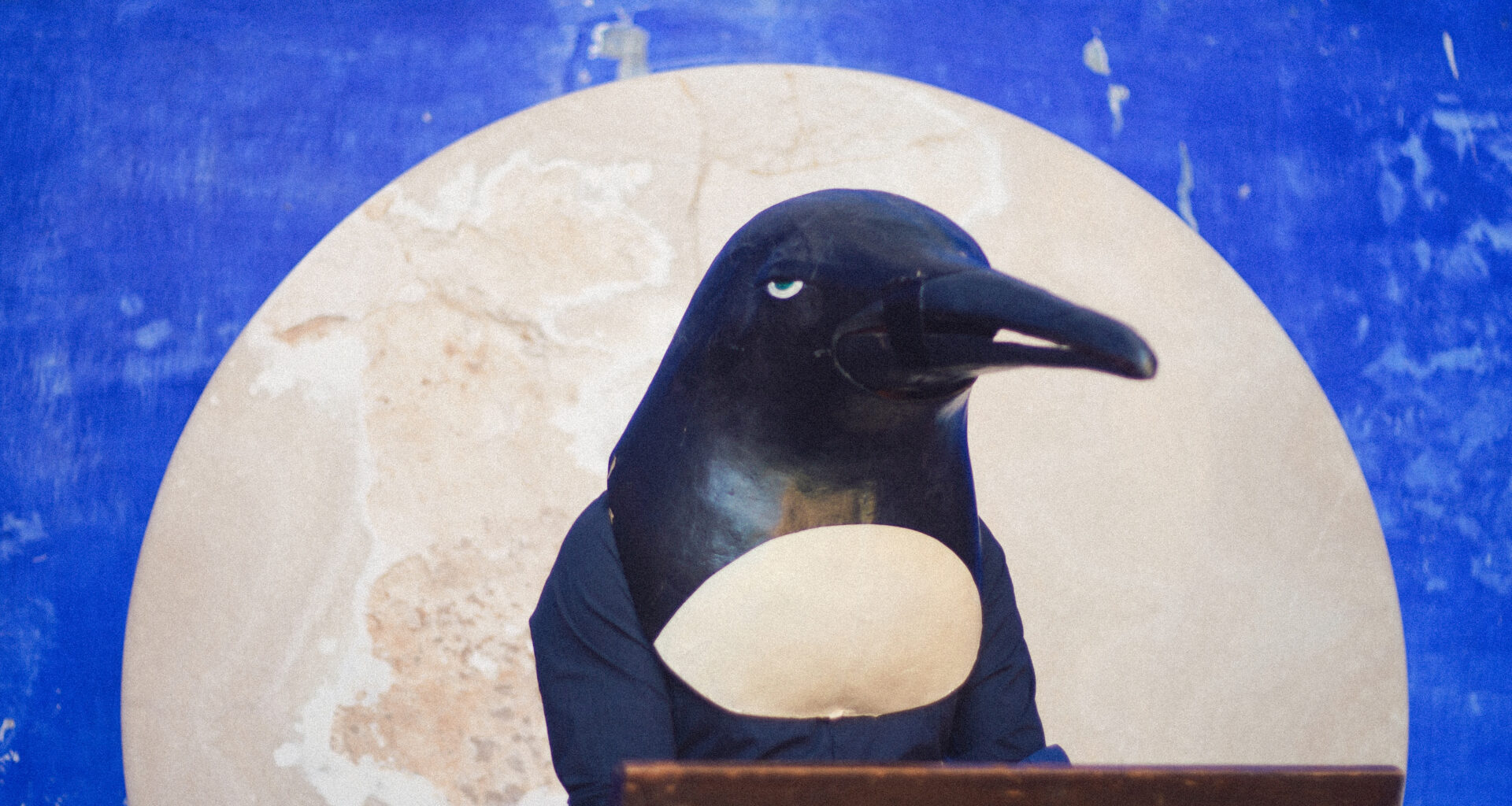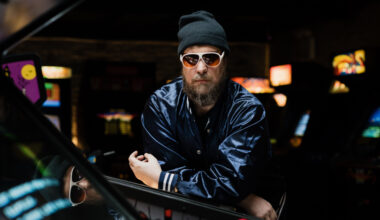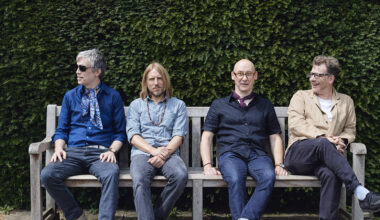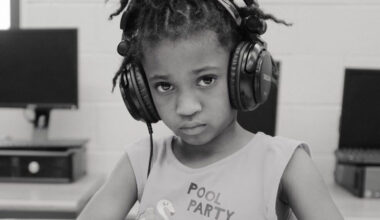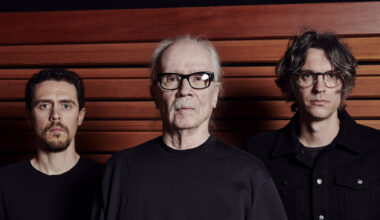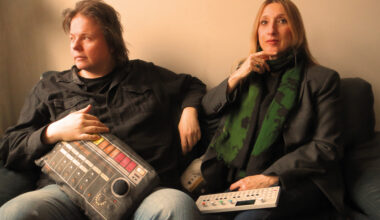Descended from the esteemed Penguin Cafe Orchestra – founded by the incomparable Simon Jeffes – Penguin Cafe’s Arthur Jeffes reflects on his father’s legacy, making music on his own terms and being endorsed by Kraftwerk
Want to read more?
Sign up to Electronic Sound Premium to gain access to every post, video, special offers, and more. 100%, all you can eat, no commitment, cancel any time.
Already a premium member? Log in here
